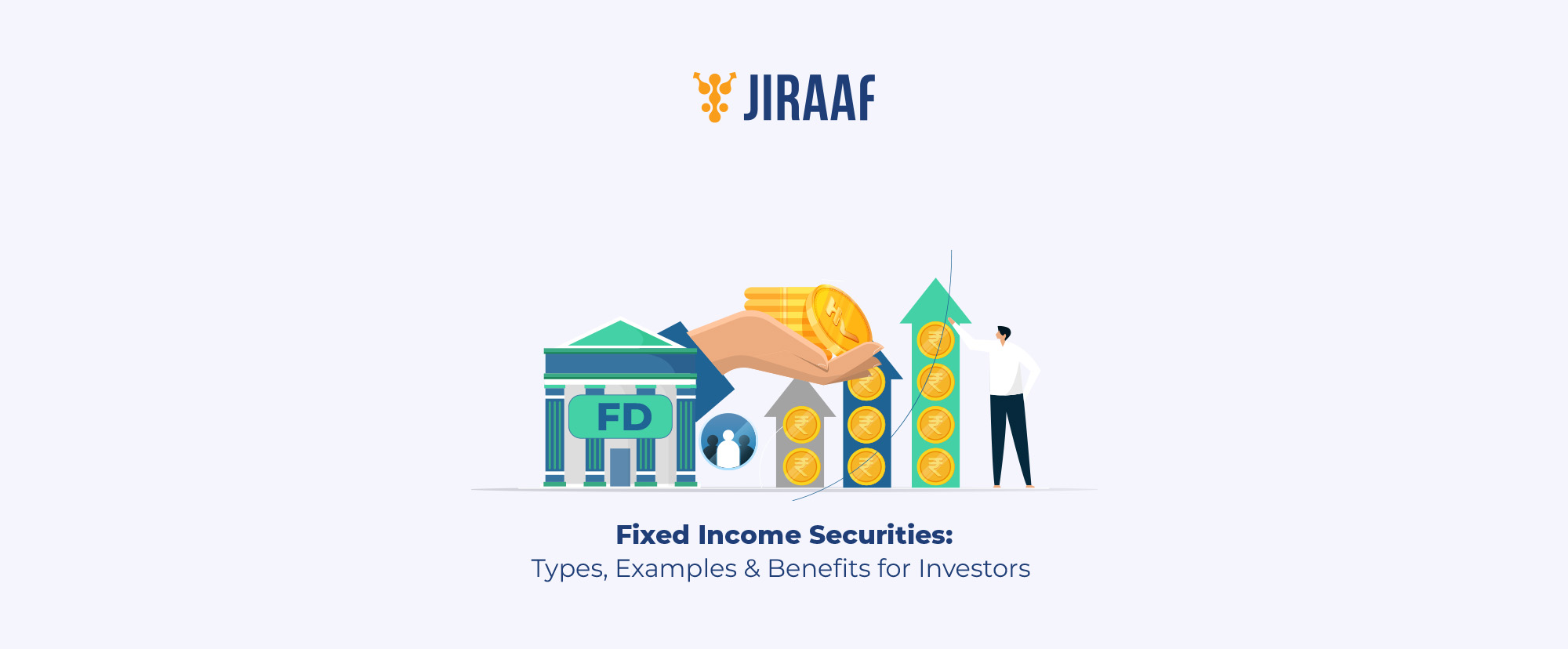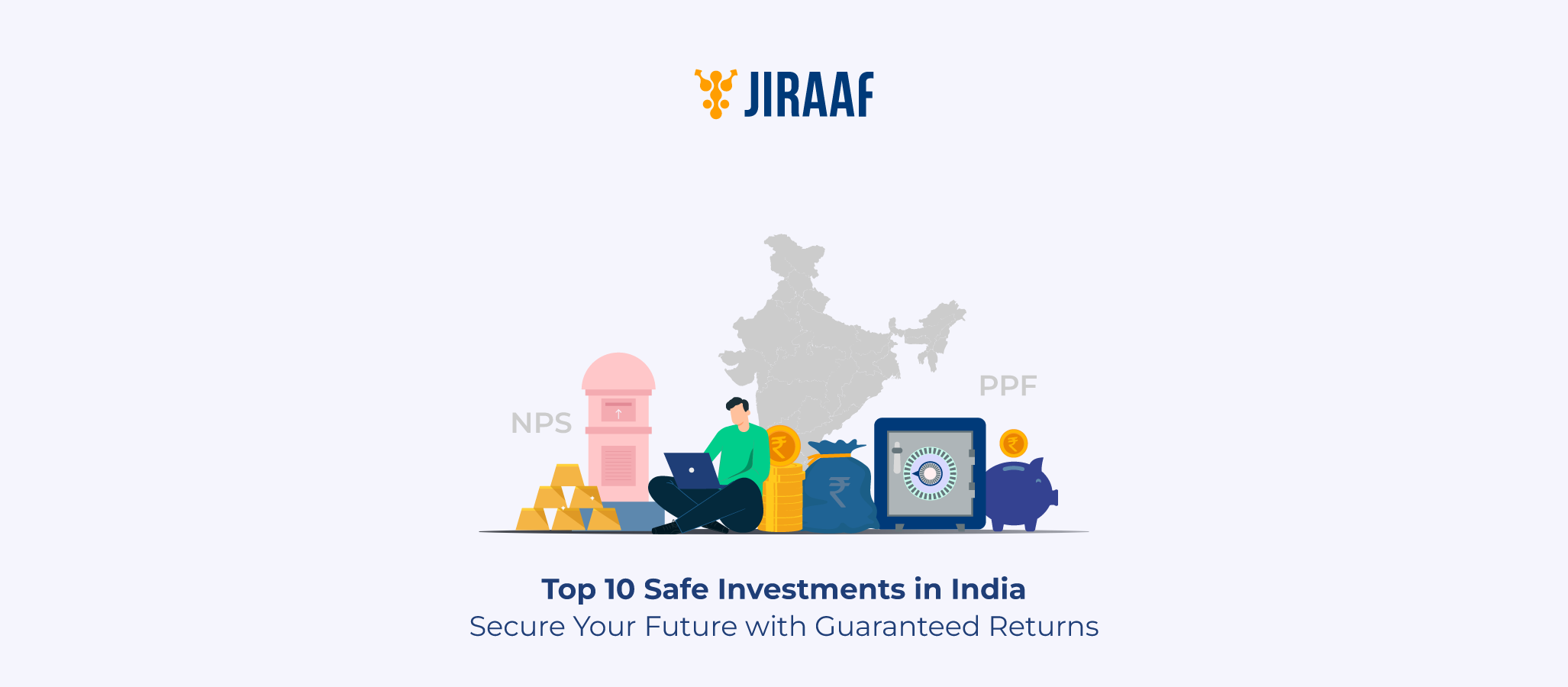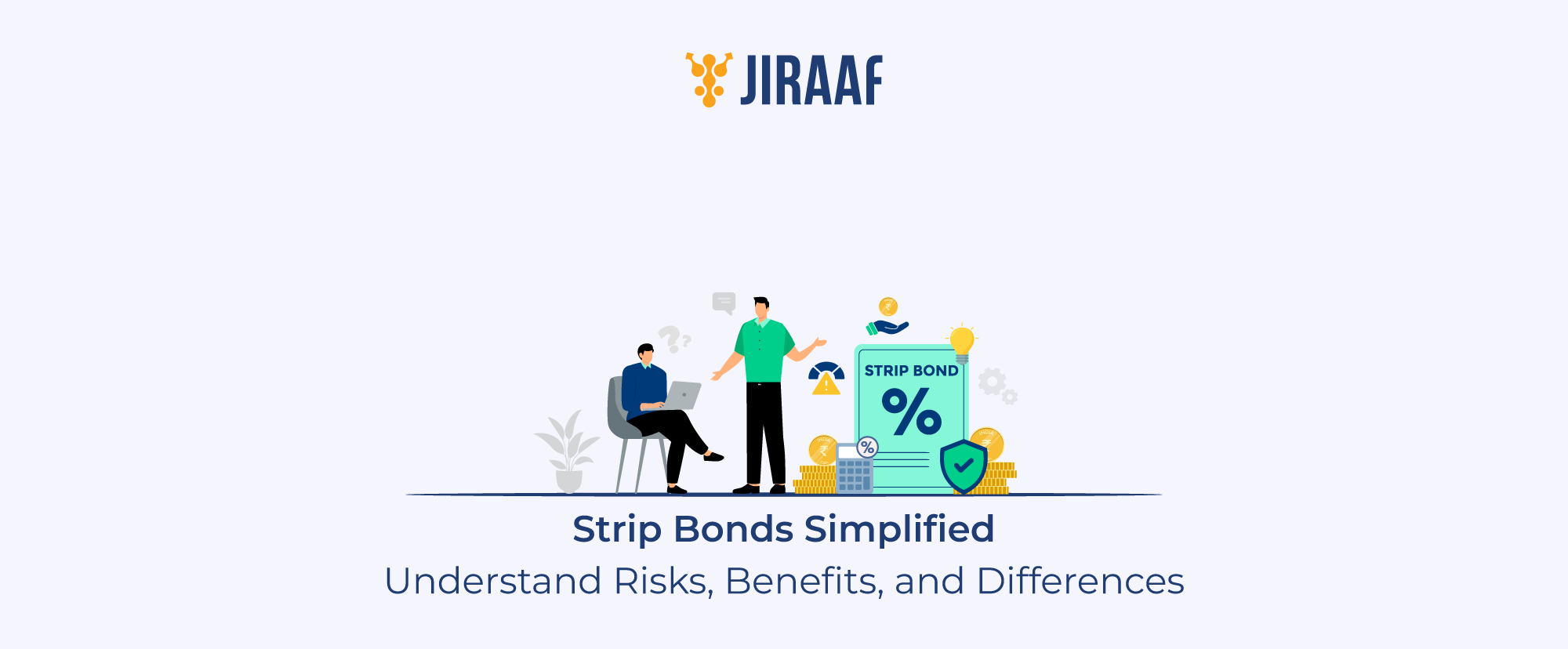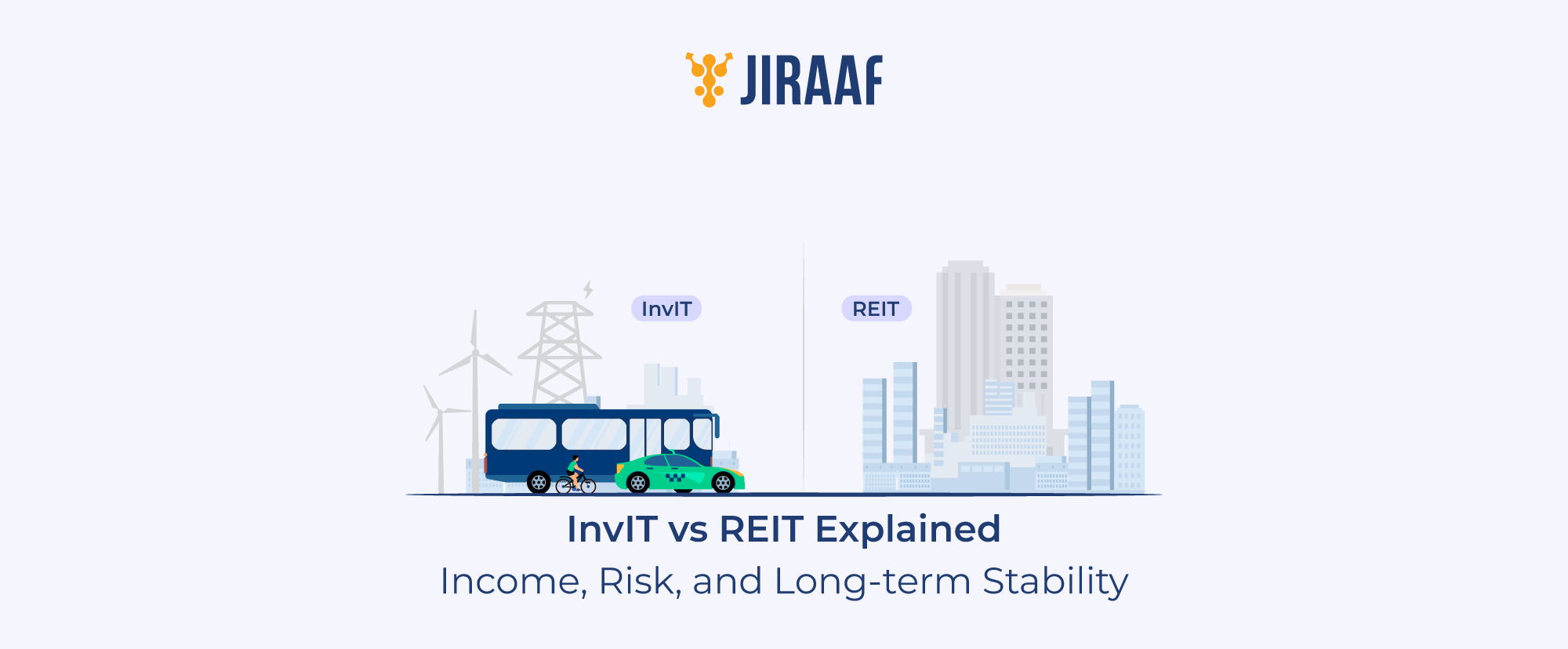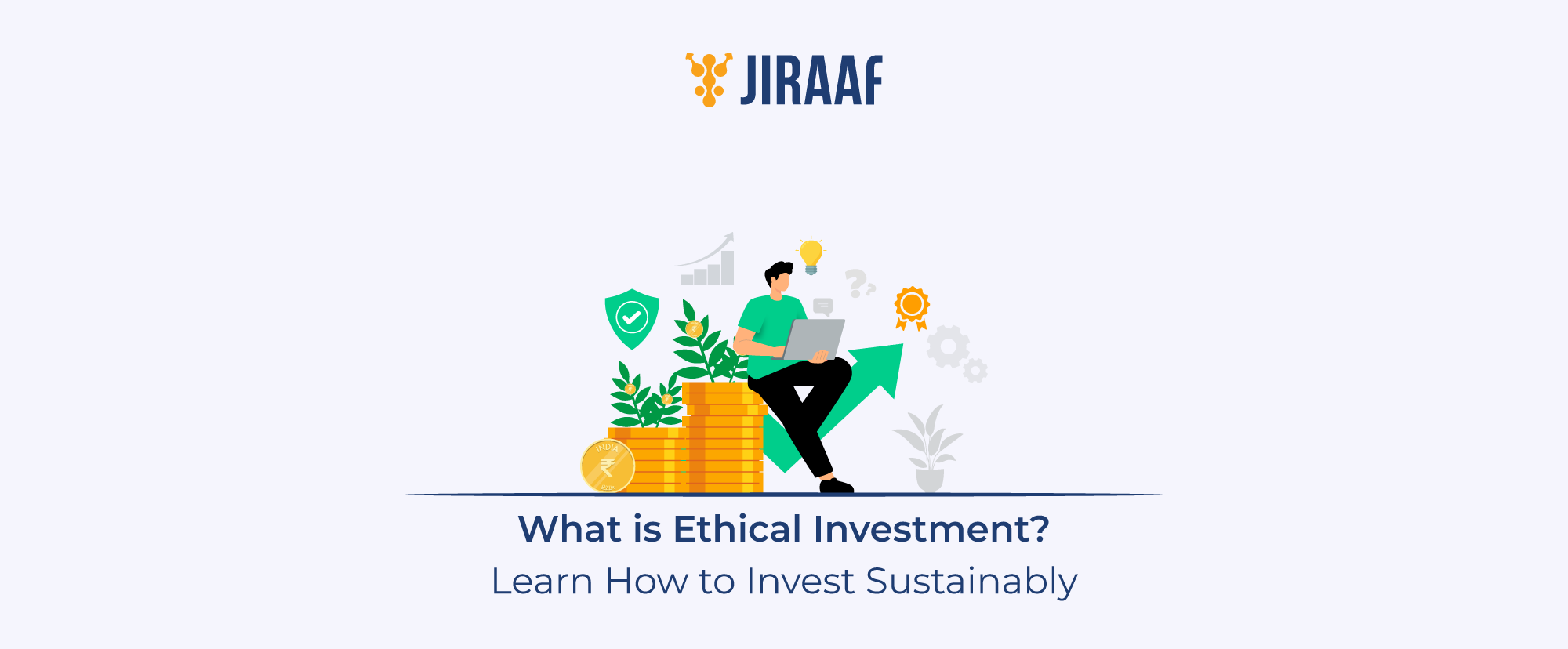In a world where investment options range from high-risk stocks to lesser-than-inflation-beating-returns generating assets, fixed-income securities stand out for their stability, offering predictable returns and dependable cash flow. If you prioritize security and consistency, along with portfolio growth, fixed-income securities can help you preserve wealth while contributing to securing your portfolio.
This guide explores the essentials of fixed-income securities and shows how to integrate them into a balanced portfolio for long-term resilience.
What are Fixed Income Securities?
Fixed-income securities are financial instruments that pay investors regular interest or dividends over a set period until maturity. At maturity, the principal is repaid. These securities are cornerstones of conservative portfolios, known for their abilities to mitigate risk and offer predictable returns.
As a source of regular income, they provide a stable financial base while helping to preserve capital, making them ideal for the risk-averse investors.
Why Invest in Fixed Income Securities?
Fixed-income investments provide a way to offset the ups and downs of the equity market, helping bring balance and stability to your portfolio. Here’s why they’re preferred:
- Balanced Risk-Return Profile: Fixed-income securities generally offer lower but stable returns compared to equities. Moreover, many fixed-income securities come with tax advantages, making them a strategic choice for long-term wealth preservation. These help investors balance the risk with rewards while investing.
- Consistent Income Stream: For investors seeking regular income or those relying on passive income streams, fixed-income securities deliver scheduled interest payments, ensuring a reliable income stream.
- Tax Efficiency: Certain fixed-income investments come with tax incentives, which can help reduce your taxable income, depending on your jurisdiction. Government bonds, for example, may offer tax exemptions, enhancing their appeal for tax-efficient investing.
Types of Fixed Income Securities
Fixed-income investments come in various forms like bonds, FDs, etc. – each with unique characteristics and benefits.
Bonds
- Government Bonds: Known for security, these bonds offer assured returns, making them suitable for long-term, low-risk investors
- Corporate Bonds: Issued by companies, corporate bonds generally provide higher yields than government bonds but come with additional credit risk
- Municipal Bonds: Often offering tax benefits, these bonds are issued by local governments, appealing to high-income investors looking for tax-efficient options
Fixed Deposits
- Bank Fixed Deposits (FDs): Widely popular for their guaranteed returns, bank FDs offer options for periodic interest payouts or compounding
- Corporate FDs: These provide higher interest rates than bank FDs but come with higher risk. Preferably, companies with strong credit ratings should be considered for these deposits
Being some of the most popular forms of investment, FDs constitute a certain portion of most investors’ portfolios along with bonds. It is essential for investors to compare bonds vs FDs to figure out a perfect balance for their portfolios.
Money Market Instruments
- Commercial Papers: Short-term debt issued by companies with high credit ratings, suitable for managing short-term liquidity needs
- Treasury Bills: T-bills are low-risk, short-term instruments issued by governments with maturities of less than a year
- Certificate of Deposit (CD): Bank-issued, fixed-term deposits with higher interest than regular savings accounts, ideal for short- to mid-term goals
Preferred Stock
Preferred stocks combine features of equities and fixed-income instruments, providing fixed dividends with a higher claim priority in the event of company liquidation
Alternative Investments
Some alternative investments, such as real estate investment trusts (REITs) and infrastructure bonds, function similarly to fixed-income securities by providing regular income. However, they may come with unique risk factors that investors should assess.
Valuation of Fixed Income Securities
Fixed-income security valuation involves discounting future cash flows (interest payments) and principal repayment.
Market interest rates heavily influence these valuations; for instance, when rates rise, the value of lower-yielding bonds may decrease. Conversely, bond prices tend to rise when interest rates fall.
Creditworthiness also plays a role, with securities issued by highly rated entities generally offering lower yields due to their perceived safety.
Benefits of Fixed Income Securities
Fixed-income securities provide a foundational role in creating a diversified, stable portfolio:
Stable Income
These investments provide a predictable income stream, helping offset daily expenses or reinvesting for compounding growth.
Capital Preservation
Compared to high-risk equities, fixed-income securities help protect capital, especially during market downturns, by focusing on preservation over aggressive growth.
Portfolio Diversification
Fixed-income securities can counterbalance riskier investments, providing a more diversified portfolio that withstands capital market volatility.
Key Considerations Before Investing in Fixed-income Bonds in India
When investing in fixed-income bonds in India, these factors must be on top your mind:
- Liquidity: Government securities are generally more liquid than corporate bonds or fixed deposits
- Credit Quality: Higher-rated bonds, like AAA-rated securities, have lower default risk but also offer lower yields compared to lower-rated, riskier bonds
- Taxation: Interest from corporate bonds, government bonds, and fixed deposits is typically taxable. However, some government bonds provide tax exemptions, which can improve after-tax returns
Risks Associated with Investing in Fixed-Income Securities
While fixed-income investments are considered safer than equities, they aren’t without risks. Here’s a look at key risks and ways to mitigate them:
Interest Rate Risk
As interest rates rise, bond prices generally fall, affecting bondholders who may need to sell before maturity.
How to tackle it?
Bond laddering—investing in bonds with different maturity dates—can mitigate this risk by providing regular returns at various rates.
Credit Risk
Certain fixed-income securities, like corporate bonds, carry credit risk, as companies may default on payments.
How to tackle it?
Investing in bonds with strong credit ratings or using diversified bond funds can help minimize this risk.
Fixed Income Securities Examples
To help illustrate the functionality of these securities, let’s look at a few examples:
(i) Government Bonds
Assume a 10-year government bond yielding 7.5% per annum. If you invest an amount of ₹1,00,000, you’ll receive ₹7,500 annually, offering a reliable income with minimal risk.
(ii) Corporate Bonds
Imagine a 5-year corporate bond issued by a blue-chip company with a 9% yield. Investing ₹1,00,000 will yield ₹9,000 per year but it will come with a slightly higher risk compared to government bonds.
(iii) Certificate of Deposit (CD)
A two-year CD might offer a 5% interest rate. An investment of ₹50,000 would generate a modest but guaranteed return of ₹2,500 annually.
Fixed Income Securities in a Portfolio
Fixed-income investments play a vital role in shaping portfolios for different investment goals.
- Income Generation: For those nearing retirement or retirees, fixed-income securities provide a steady income stream, potentially beating inflation, helping maintain a standard of living without having to sell off investments.
- Preservation of Capital: Investors who have sufficiently invested in assets to grow their capital and are concerned about preserving the money can use fixed-income assets to preserve their initial capital while earning a modest return. This is particularly helpful during economic downturns.
- Risk Reduction: Younger investors can balance high-growth equity investments with fixed-income securities, reducing overall portfolio risk while benefiting from diversified returns.
The Bottom Line
Fixed-income securities offer a dependable way to secure returns while preserving capital and diversifying risk. By incorporating these assets, you can create an investment portfolio that meets both short-term income needs and long-term financial goals. Consider your financial objectives, time horizon, and risk tolerance to tailor a fixed-income strategy that suits your unique profile. Investing in fixed-income securities doesn’t just mean adding safety—it’s about building a resilient portfolio that can weather market shifts and support your financial journey over time.
FAQs about Fixed Income Investments
Why are Bonds known as Fixed Income Investments?
Bonds are categorized as fixed-income investments because they offer a predetermined stream of income through regular interest payments, making them predictable and reliable. Upon maturity, the principal amount is returned, providing financial stability to investors seeking low-risk opportunities.
Why Invest in Fixed Income Securities?
Fixed-income securities help protect your portfolio from unpredictable market swings while delivering consistent returns. They are ideal for balancing growth-oriented assets with risk mitigation. Additionally, certain fixed-income products may offer tax benefits, which enhance their value for long-term financial planning.
When to Invest in Fixed Income Securities?
The ideal time to consider fixed-income investments is when market conditions are volatile, during retirement planning, or if you aim to secure stable income streams. They are particularly beneficial for those who prioritize capital preservation and want to reduce risk exposure.
How do Fixed Income Securities Benefit an Investment Portfolio?
Fixed-income securities bring balance to a portfolio by mitigating the impact of market volatility. They act as a counterweight to riskier investments like equities, ensuring steady returns and protecting your wealth during economic downturns.
